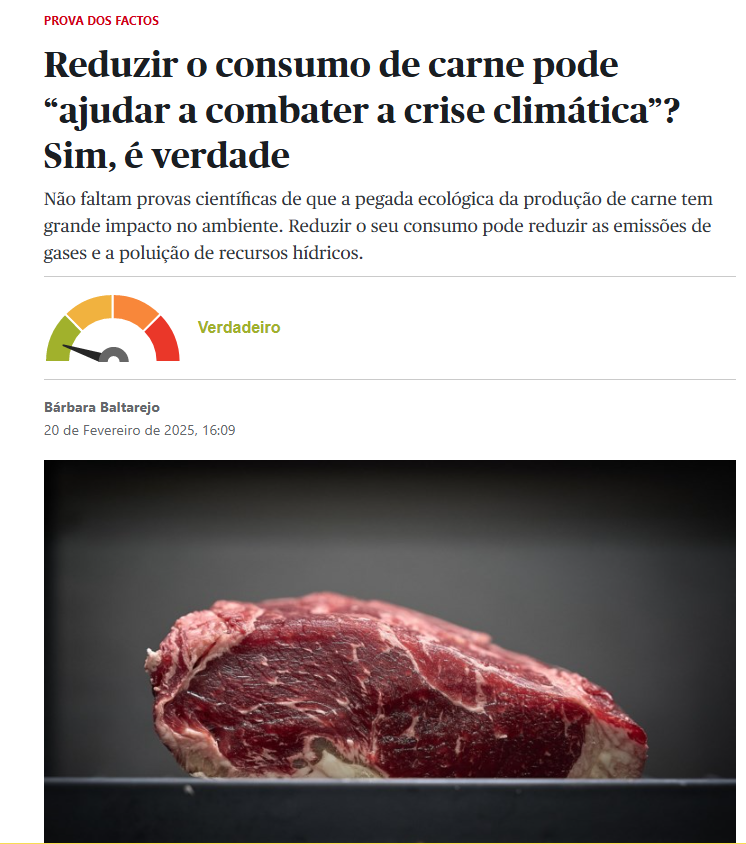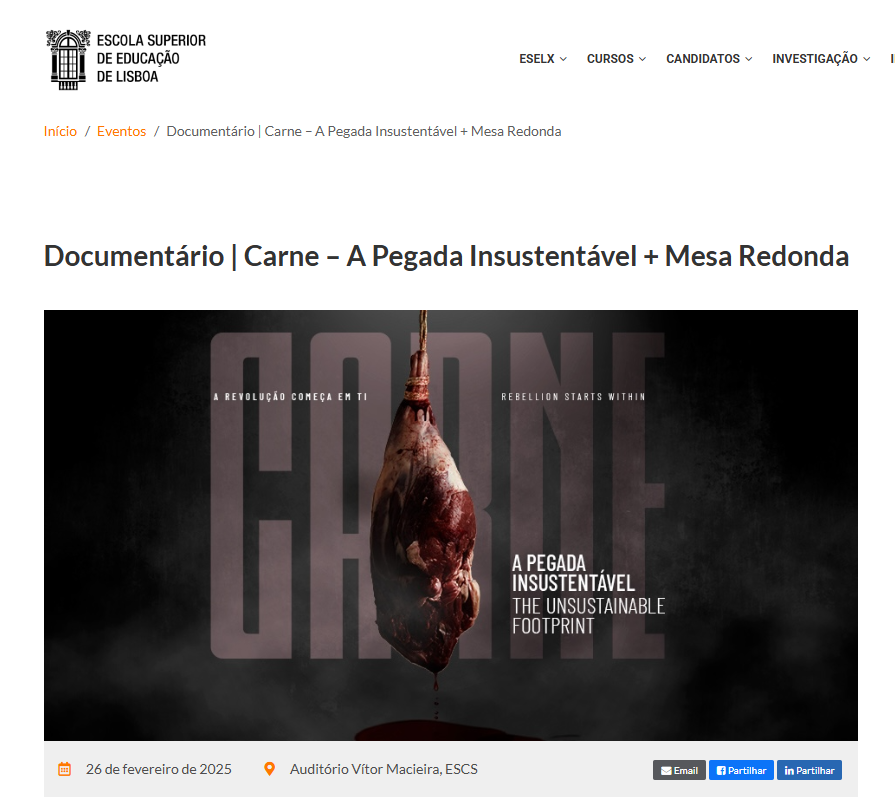
Ends Europe: 'UN ocean conference: Macron surprises with call for ban on deep sea mining'
As part of this week’s UN ocean conference, a coalition of governments declareda “critical juncture” for the formation of a high seas treaty, while French presidentEmmanuel Macron made a surprise condemnation of deep sea mining.
Macron told global delegates assembled in Lisbon that the world needs “a legal framework to stophigh sea mining and to not allow new activities putting in danger these ecosystems”.
His comments drew praise from lawmakers and green groups alike. “Mobilisation is working,” saidMarie Toussaint, a Green MEP who has been outspoken on the subject of deep sea mining.
Toussaint said the president’s “volte-face” should be followed by “concrete actions”, and called onFrance to join the alliance of states set up by Fiji, Samoa and Palau earlier in the UN conference.
Green groups, who welcomed the “necessary leadership”, were largely taken by surprise at thestatement and were quick to point the French president towards the IUCN moratorium on deep seamining. “We’re looking forward to the official joining of France to the alliance,” said Jessica Battle onbehalf of WWF.
France currently has two contracts for seabed exploration in the high seas, one in the mid-Atlanticand the other in the clarion-clipperton zone in the Pacific.
The fate of the high seas continued to be a key theme at the conference. Immediately followingMacron’s statement, the high ambition coalition on Biodiversity Beyond National Jurisdiction (BBNJ)launched an appeal to conclude its long-awaited agreement this August at the Fifth Session of theIntergovernmental Conference (IGC5).
“We hope the negotiations in August will be the last,” said German environment minister SteffiLemke. EU environment commissioner Virginijus Sinkevicius also called for a deal in August, saying ahigh seas treaty is needed “not in five years, not in 10 years, but now”.
The BBNJ treaty will apply to nearly half of the Earth’s surface and aims to “close a critical gap” ininternational marine and environmental governance with provisions four key areas: the creation ofmarine protected areas, minimum standards for environmental impact assessments (EIA),governing of marine genetic resources and capacity building for developing nations.
Rena Lee, the Singaporean president of the BBNJ conference, expressed “cautious optimism”,following the failure of talks in March.
The months to come will include complex wrangling on contentious aspects of the treaty, such asthe powers of the UN’s conference of parties (COP) in relation to regional fisheries agreements, aswell as ongoing questions over the benefit sharing of marine genetic resources.
Daniel Kachelriess, representing the High Seas Alliance, noted that “even the least ambitious amongthe member states said the treaty needs to do better than the status quo”. Specifically, greencampaign groups welcomed strong statements from Germany and Iceland, a major fishing nation.
He warned, however, that despite progress in the marine protected areas and EIA elements of thetreaty, there has been the lack of movement on “overlooked” issue on the sharing of marine geneticresources. “If it’s not addressed, it could hold up the BBNJ as a whole,” he told ENDS Europe.
In the last six months, EU member states have pushed the BBNJ treaty particularly hard, forming thehigh-ambition coalition in Brest with the EU 27 member states and 16 other countries.
The EU had maintained its “constructive role” in the BBNJ development, said Klaudija Cremers,research fellow at the Institute for Sustainable Development and International relations (IDDRI). Sheadded “not every contention has to be ironed out now” and that it is “more essential” for the BBNJ toprovide a robust legal framework with a mandate to deal with high seas conflicts in the future.
Portuguese MEP Francisco Guerreiro similarly praised the “positive” role of the EU. “We are talkingabout very difficult areas to negotiate,” he said, “but the devil will be in the detail of the finalnegotiations in August”.
Lê a notícia aqui










Público: 'Prova dos factos'
Quinta-feira, 20 de Fevereiro de 2025
LER MAIS